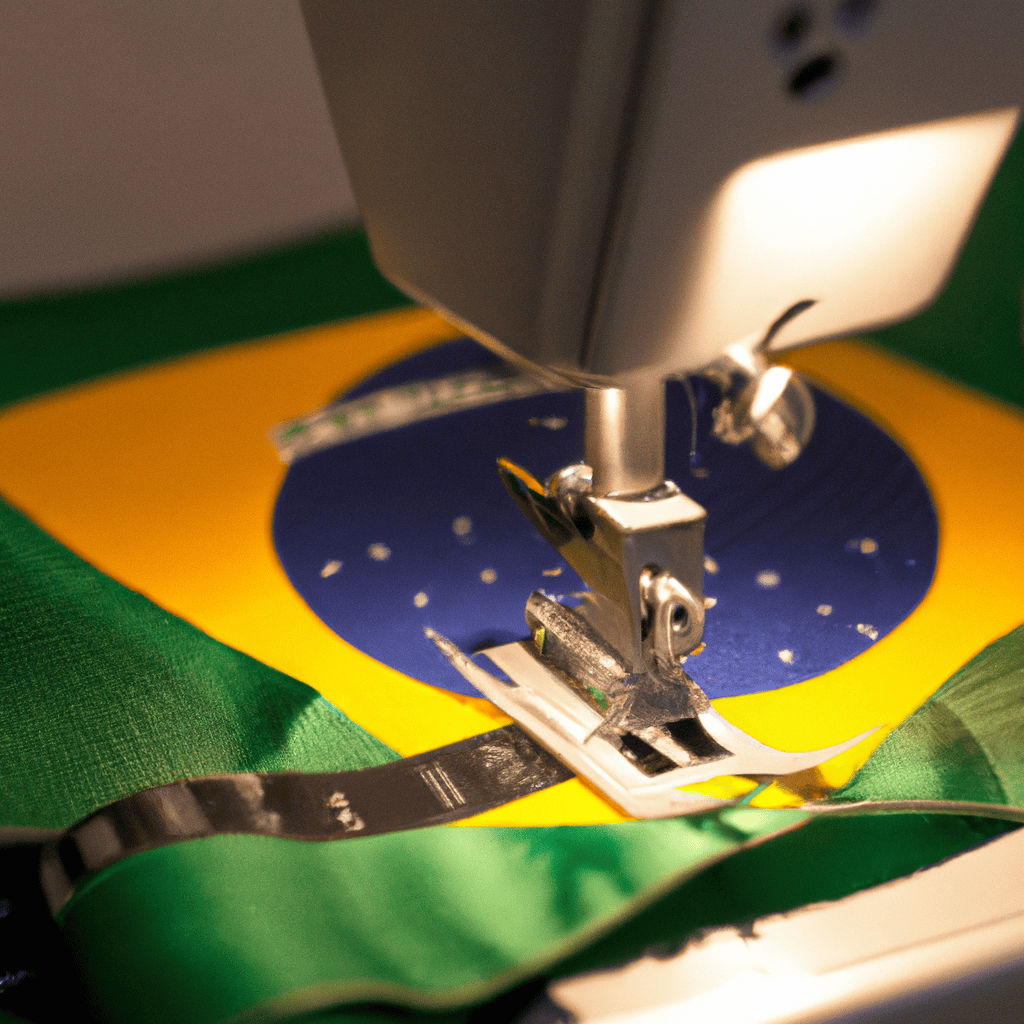Mark Halabe is traveling to Brazil to evaluate a specific type of equipment that could enhance productivity in Fiji’s garment industry. This significant investment is expected to provide incremental support to his company, Mark One Apparel, where he serves as managing director.
“I’m looking for anything at this stage that will help us stay competitive,” Halabe expressed. He previously stated that the export manufacturing sector in Fiji has faced a significant rise in costs related to the national minimum wage over the past three years, noting that wages in India for the same industry are approximately 30 percent lower than in Fiji.
The manufacturing equipment Mr. Halabe will review in Brazil features artificial intelligence and operates with a coded computer chip, which he described as similar to a robot. “We have some very exciting projects to enhance our competitiveness; we need to implement them by the end of the year,” he stated. He emphasized the goal of increasing production, explaining that they “sell by minutes, not by garments,” and how they manage time is crucial for financial success.
“Reducing the cost per minute has been a challenge. We aim to eliminate non-productive tasks, such as moving fabric unnecessarily, to allow workers to focus on sewing and adding value,” he said. He believes artificial intelligence will play a vital role in improving productivity by eliminating processes that do not contribute to the manufacturing value.
In related news, another prominent export manufacturer expressed support for Mark One Apparel’s developments. Mike Towler, managing director of Performance Flotation Development (Fiji) Ltd, which is known as the largest manufacturer and exporter of lifejackets in the Southern Hemisphere, highlighted the significant issues of high freight costs and inadequate port facilities that further challenge industry competitiveness.
“This journey is not simple; it requires substantial capital,” Towler remarked. He urged the need to address structural problems to avoid decline in the manufacturing sector, advocating for a comprehensive national infrastructure plan that includes improvements to ports, water supply, sewage systems, and hospitals. “Collaboration with our development partners, including China, is crucial to ensure access to funding from these major donors,” he added.
